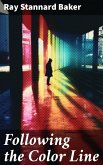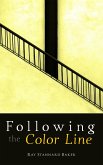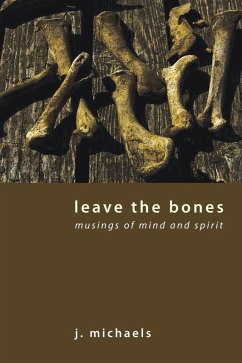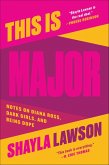In "Following the Color Line," Ray Stannard Baker embarks on an incisive exploration of race relations in the United States during the early 20th century. The book, rich in journalistic integrity and narrative drive, combines personal anecdotes, investigations, and a call to social consciousness, reflecting the fervors of the Progressive Era. Baker employs a journalistic yet literary style, intertwining factual reporting with compelling narratives that highlight the systemic injustices faced by African Americans, making a formidable contribution to American literature and social criticism. His work serves as both a documentary and a poignant critique of the sociopolitical landscape at the time, examining the intersections of race, class, and policy across various states. Baker, an esteemed journalist and reformer, was instrumental in advocating for social justice issues, and his own experiences as a white man witnessing the pervasive inequalities deeply informed his writing. His commitment to racial equity is evident throughout his career, which encompassed reporting from diverse communities and engaging with the unfolding dynamics of race. Inspired by the potent changes of his time, Baker enables readers to confront the delicate and often painful realities surrounding race in America. "Following the Color Line" is essential reading for those seeking a deeper understanding of the historical context of race relations in the U.S. This profound work not only resonates with ongoing conversations about race but also serves as a pivotal reminder of the struggle for equality. Baker's insightful analysis and passionate prose make this a timeless contribution to both American literature and social advocacy, inviting modern readers to reflect on the enduring implications of his findings.
Dieser Download kann aus rechtlichen Gründen nur mit Rechnungsadresse in A, B, BG, CY, CZ, D, DK, EW, FIN, F, GR, H, IRL, I, LT, L, LR, M, NL, PL, P, R, S, SLO, SK ausgeliefert werden.









